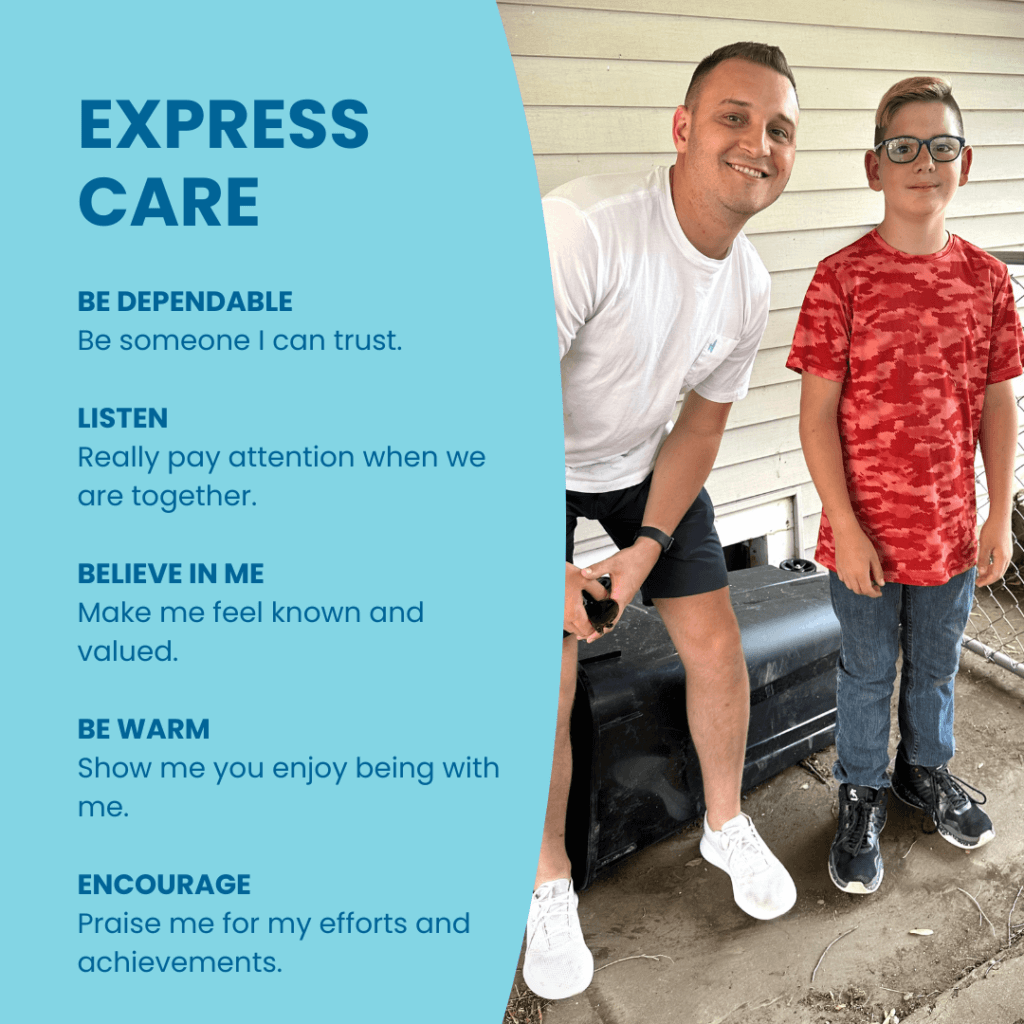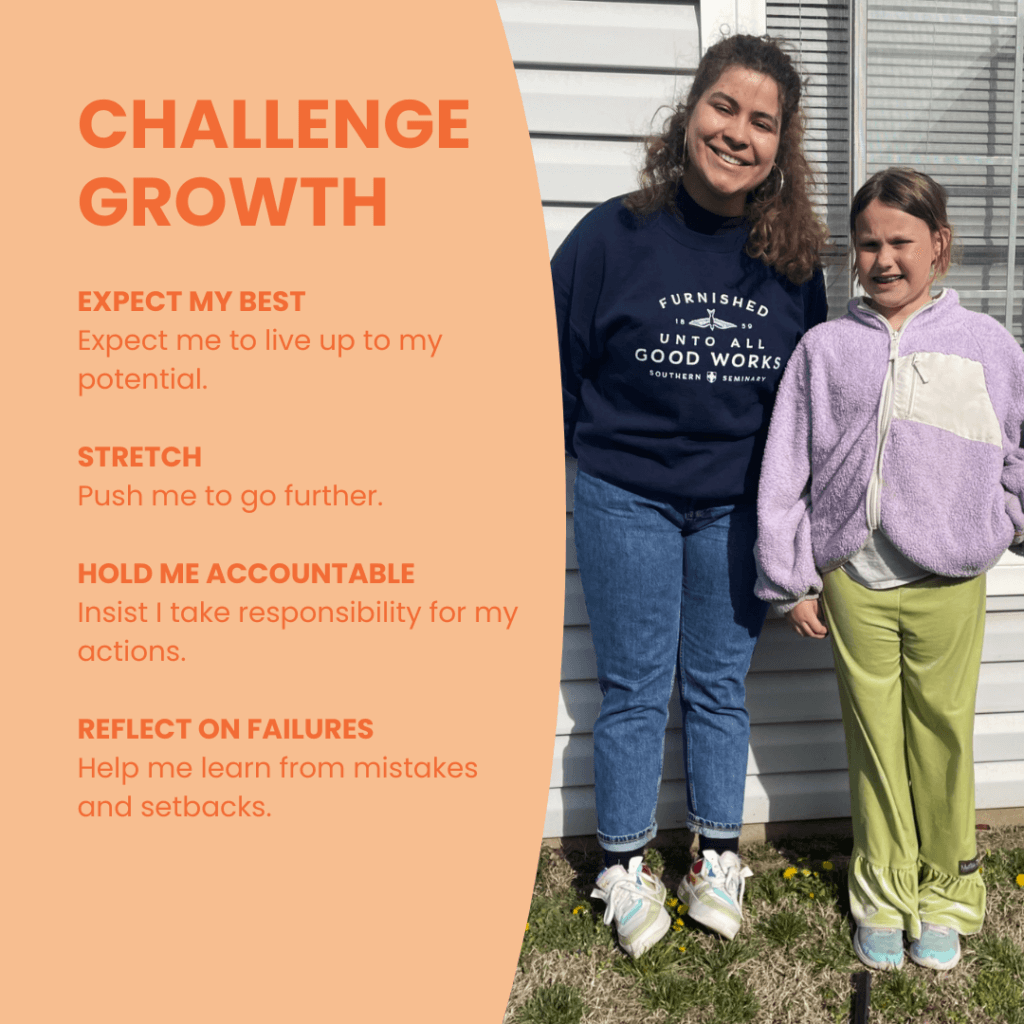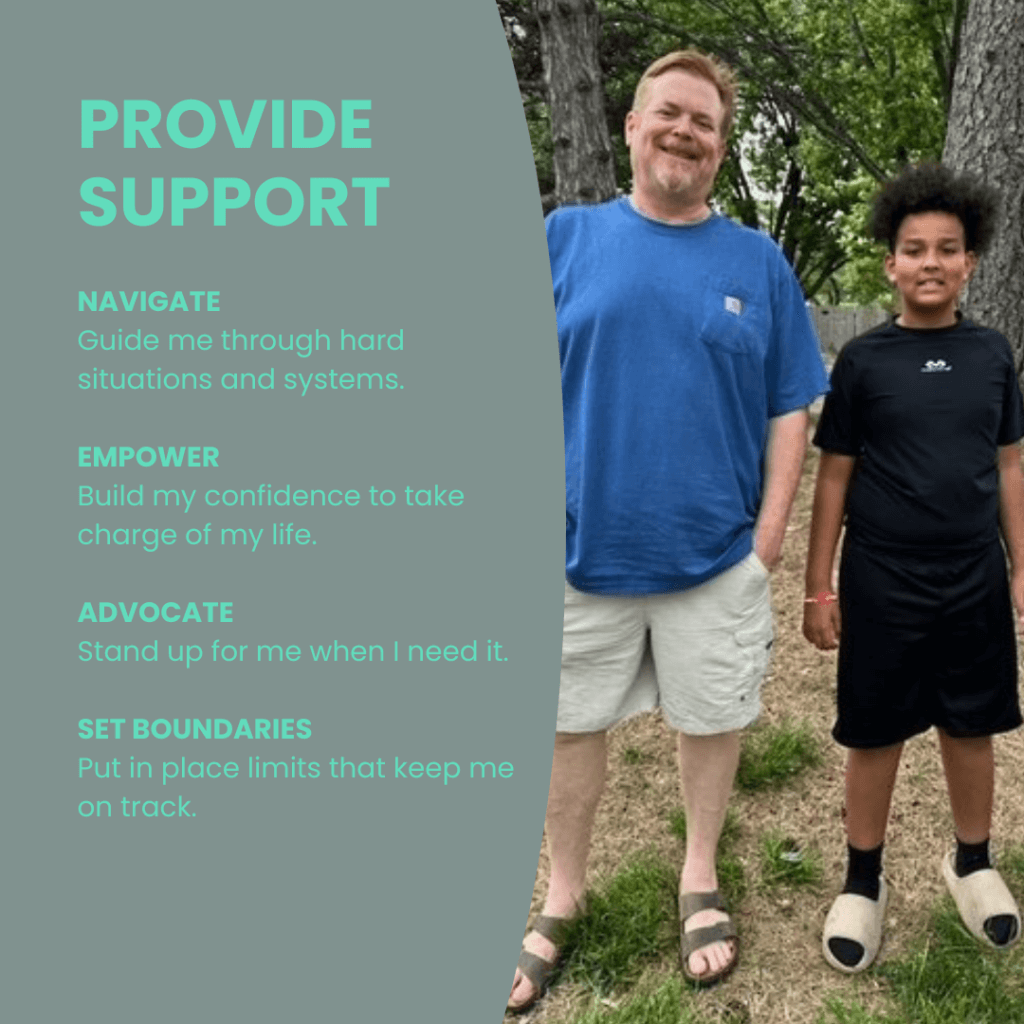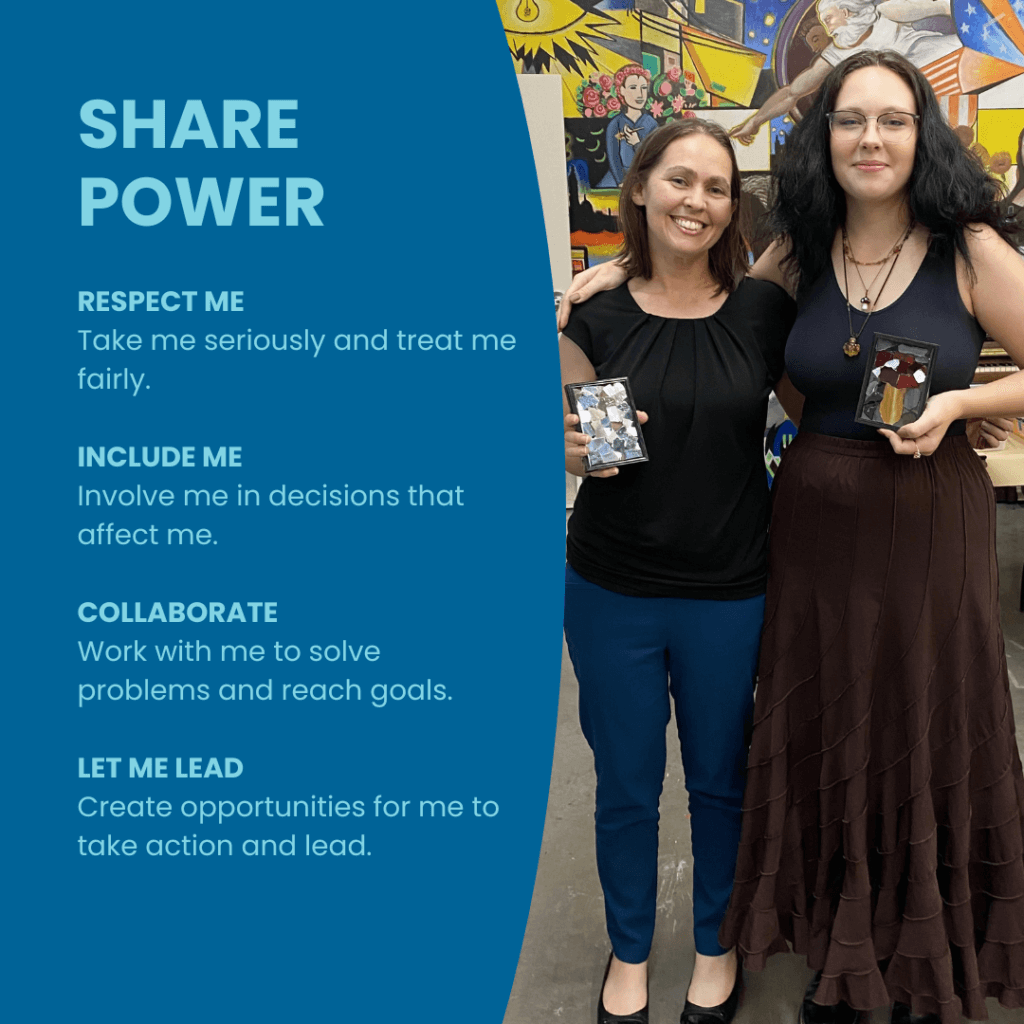What are Developmental Relationships?
by · May 22, 2024
Developmental relationships are crucial for guiding young people toward realizing their potential – and ultimately becoming their whole selves in adulthood. They are also foundational teachings for our staff and mentors here at Youth Horizons.
The advantages of developmental relationships push our kids and youth beyond survival mode, and into a thriving existence. Strong developmental relationships empower young individuals of every age, race, and socioeconomic background to uncover their identities, develop the capacity to influence their own futures, and learn to make meaningful contributions to society.
So what constitutes developmental relationships, and how can we intentionally foster them in our educational institutions, programs, families, and communities?
(source: Search Institute, Minneapolis, MN)
Search Institute created the Developmental Relationships Framework, five elements—expressed in 20 specific actions— that are proven to catalyze young people’s lives: express care, challenge growth, provide support, expand possibilities, and share power. Our research and tools are designed for anyone who works with youth to understand the current state of their relationships with young people and discover ways to help all young people thrive.
When young people experience these relationships in their families, schools, programs, and communities, they are more likely to be resilient in the face of challenges and to grow up thriving. A few important things to keep in mind:






Every single one of us has the opportunity to influence the kids and young people in our Wichita community. Whether a momentary encounter on your block, or a longer-term relationship in a family or at school. Hold these five developmental elements close and you will become a conduit of positive development.
If you would like to learn more about creating connections with kids that puts them on a path to thrive, hop over to this Tedx Talk with Dr. Kent Pekel at Search Institute, and find more resources at www.searchinstitute.org.